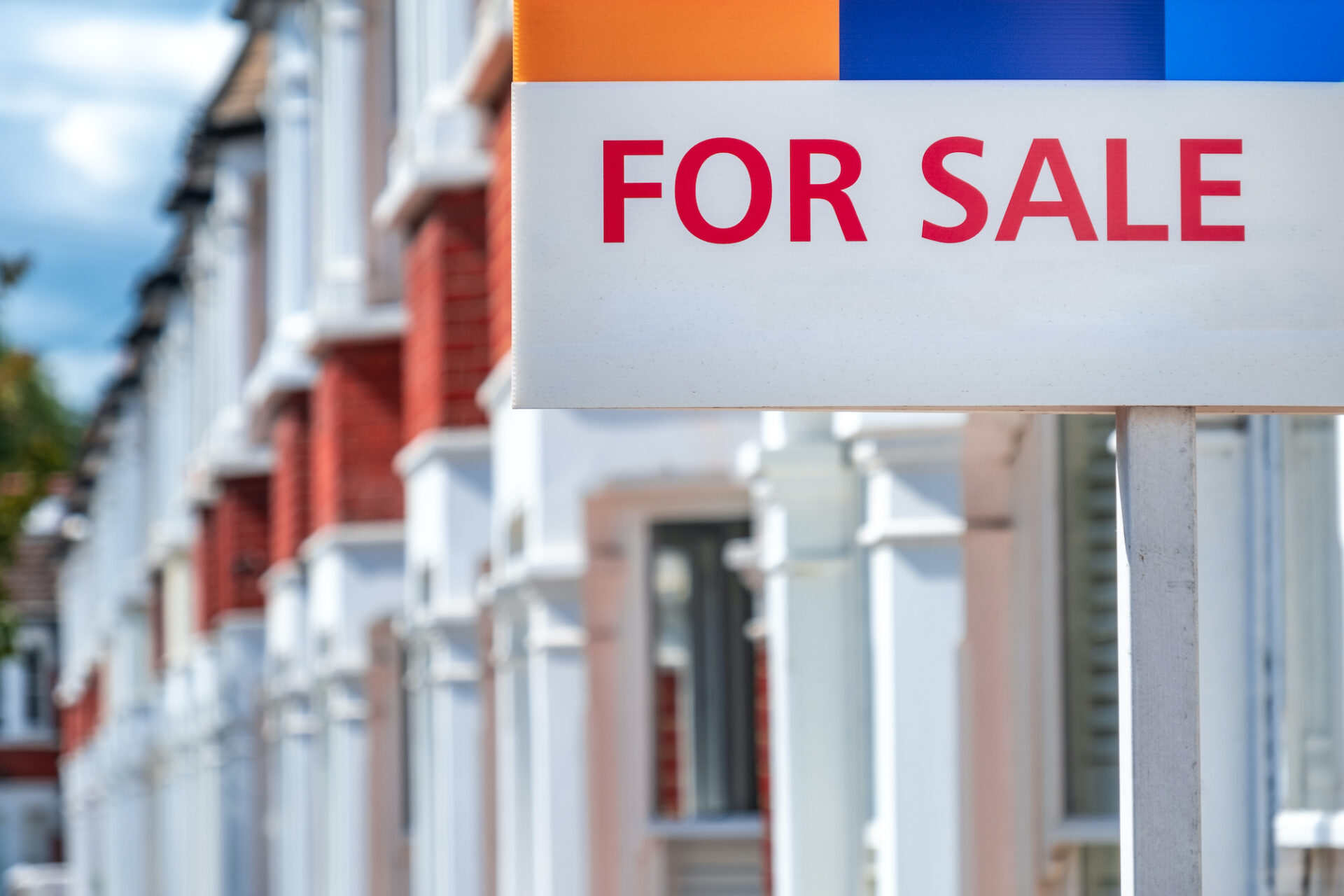Home buyers and sellers weren’t feeling overly optimistic in November.
The Fannie Mae Home Purchase Sentiment Index fell 1.7 points in November to 80.0, the first decline after three months of increases. The HPSI is down 11.5 points from last year at this time, Fannie Mae announced Monday.
“The HPSI appears to have peaked for now as consumers continue to consider how COVID-19 impacts their ability to buy or sell a home,” said Doug Duncan, Senior Vice President and Chief Economist. “This follows the HPSI’s recovery of slightly more than half of the loss experienced during the first few months of the pandemic.”
Fannie Mae’s findings include:
- The percentage of respondents who say it is a good time to buy a home decreased from 60 percent to 57 percent, while the percentage who say it is a bad time to buy remained the same at 35 percent.
- The percentage of respondents who say it is a good time to sell a home remained the same at 59 percent, while the percentage who say it’s a bad time to sell decreased from 35 percent to 33 percent.
- The percentage of respondents who say home prices will go up in the next 12 months increased this month from 40 percent to 41 percent, while the percentage who say home prices will go down decreased from 20 percent to 13 percent. The share who think home prices will stay the same increased from 31 percent to 35 percent.
- The percentage of respondents who say mortgage rates will go down in the next 12 months decreased from 11 percent to 8 percent, while the percentage who expect mortgage rates to go up increased from 32 percent to 43 percent. The share who think mortgage rates will stay the same decreased from 49 percent to 40 percent.
- The percentage of respondents who say they are not concerned about losing their job in the next 12 months decreased from 79 percent to 76 percent, while the percentage who say they are concerned increased from 21 percent to 24 percent.
- The percentage of respondents who say their household income is significantly higher than it was 12 months ago increased from 23 percent to 24 percent, while the percentage who say their household income is significantly lower decreased from 20 percent to 18 percent. The percentage who say their household income is about the same increased from 55 percent to 57 percent.
“Drilling down a bit, home purchase confidence has recovered more for homeowners than for renters, in part because homeowners have been less likely than renters to have had their jobs and finances impacted by the pandemic,” Duncan said. “Interestingly, the gap between the HPSI broken out by the homeowner and renter subgroups hit a survey high in August but, despite narrowing slightly, remains elevated and well above the survey average.”
